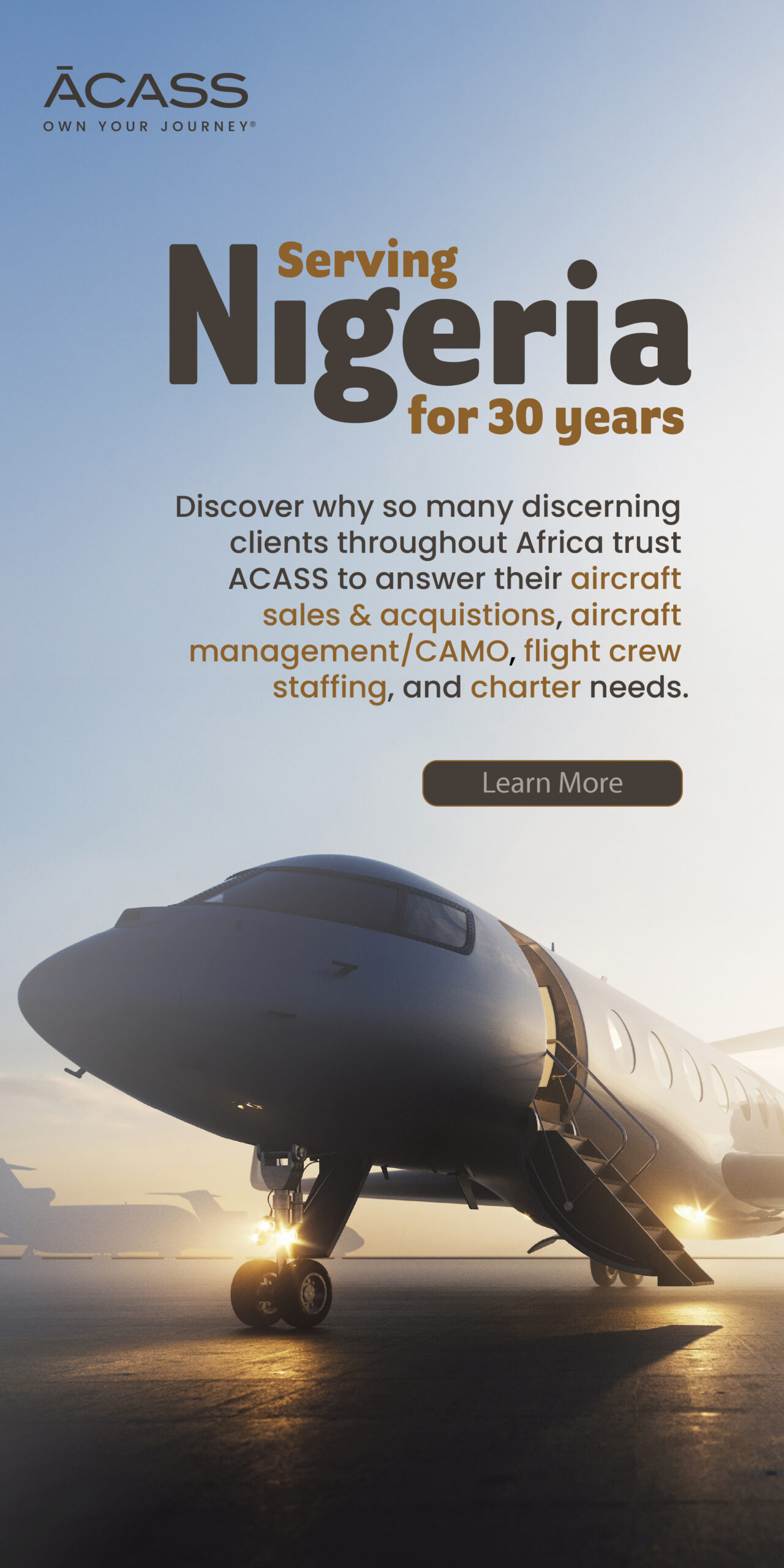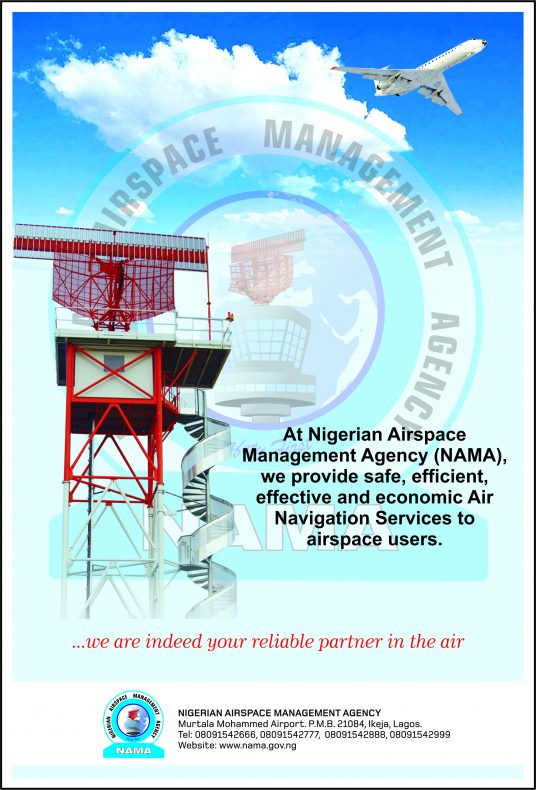
President of the Aircraft Owners and Pilots Association of Nigeria, Dr. Alex Nwuba, has urged the Federal Government to establish a 500-aircraft national leasing company to reduce the high finance cost burden on domestic airlines and make the industry more competitive.
Another major player, Captain Ado Sanusi, Chief Executive Officer of Aero Contractors, said local airlines also suffer from policy inconsistencies and high operational charges, which have worsened their cost structure and increased their finance cost, eroding profitability.
Both and other key players spoke during a panel session at the maiden Nigeria Transport Infrastructure Summit.
On his part, Dr. Nwuba said that aviation in Nigeria remains profitable but is weighed down by excessive finance cost that prevents sustainable growth.
According to him, while the global aviation profit margin ranges between three and seven per cent, Nigerian airlines face a borrowing interest of 28 to 34 per cent. “That finance cost automatically kills competitiveness,” he said. “The government can intervene by creating a leasing company that owns 500 aircraft and makes them available to operators at four per cent interest. That is how you make them globally competitive.”
He explained that the government could negotiate low-interest credit abroad and acquire aircraft under a favourable funding structure. “You can borrow in Japan or the United States at 0.2 to three per cent, buy airplanes, and lease them locally at a reasonable rate. When one airline fails, the aircraft can be reassigned to another. That keeps capacity in the system,” Nwuba said.
He emphasised that aviation was not unprofitable but burdened by a finance cost that stifles growth. “We must change the narrative. The industry is profitable, but the cost structures imposed by bad policies make it appear otherwise. About 47 per cent of every airline’s revenue goes to fuel alone. How do they survive year after year?” he asked.
Nwuba urged the Federal Government to create policies that provide cheaper access to capital and remove cost barriers preventing airlines from thriving. “We need to borrow at one or two per cent. We need aircraft that are affordable. That is the only way to reduce fares, boost capacity, and cut finance cost for operators,” he added.
Supporting this view, Captain Sanusi, represented by Mr. Femi Oluwafemi, Head of Sales at Aero Contractors, said the inconsistency of government policies was a major factor driving the high finance cost and rising airfares. “Some airlines need urgent capital inflow to stay operational, but the cost of doing business keeps rising because of policy instability,” he said.
He also called for a review of airport infrastructure nationwide, noting that most local airports lag behind in passenger experience. “We’ve seen improvements at the international airports, but local airports need serious attention. The time it takes passengers to process flights must reduce, and facilities should improve. Both government and private operators must close the gaps through dialogue,” Sanusi said.
Mr. Remi Jibodu, Chief Operating Officer of Bi-Courtney Aviation Services Limited, operators of the Murtala Muhammed Airport Terminal Two (MMA2), said the terminal was designed with a futuristic approach to infrastructure and technology.
According to him, airport development should prioritise strong security and efficient systems. “Every airport must have robust security infrastructure like MMA2. That’s the only way to maintain passenger confidence,” he said.
Other contributors at the session included Captain Samuel Caulcrick, former Rector of the Nigerian College of Aviation Technology (NCAT), Zaria; Group Captain John Ojikutu (rtd), aviation security consultant; and Dr. Chinedu Eze, Senior Aviation Editor at ThisDay newspaper.
The summit, chaired by Mr. Fola Tinubu, Managing Director of Primero Transport Services, was convened by Mrs. Pearl Ngwama of JustAlive Communications. Ngwama said transportation remained a catalyst for wealth creation and a foundation for national development.
She noted that the transport sector contributed 6.53 per cent to Nigeria’s GDP in 2024 and urged the government to integrate road, rail, air, and sea transport for sustainable economic growth and reduced finance cost impact on infrastructure projects.























